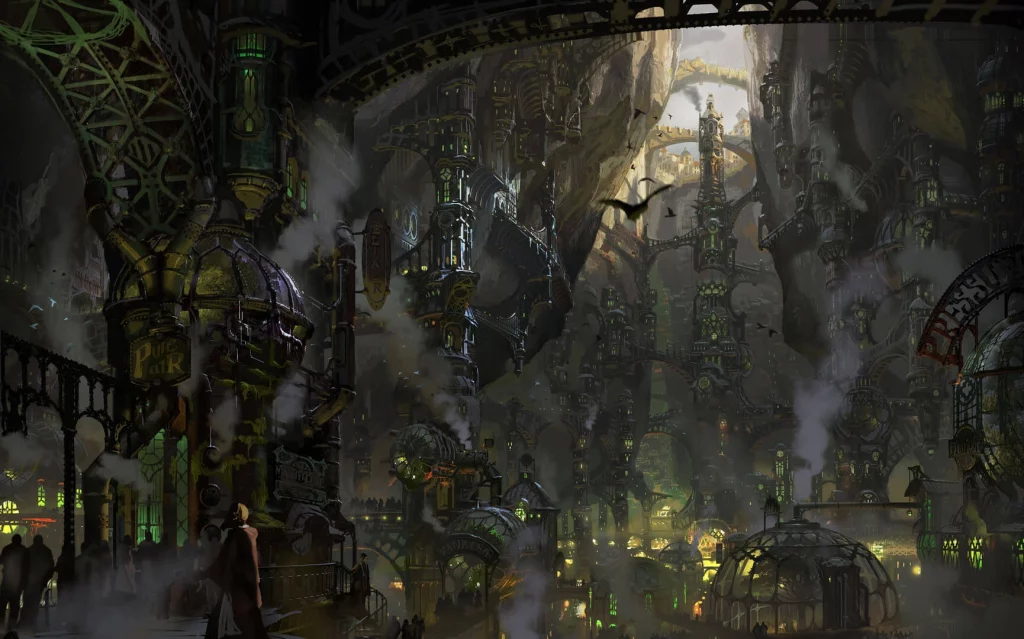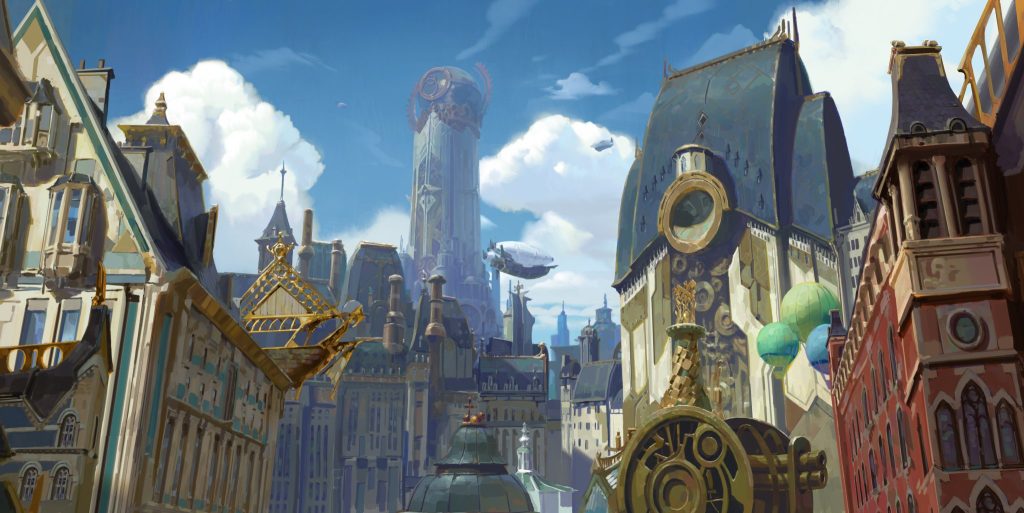Author Kaitlyn Murray
Corporate Power and AI: Are We Headed Toward a Cyberpunk Future?
After exploring various cyberpunk narratives, it’s clear that these stories present corporate power and greed as catalysts for technological and ethical overreach. A prime example is the Tyrell Corporation in Blade Runner, whose replicants represent a blurring of the line between human and machine, raising questions about identity and corporate ethics. Are real-world corporations heading down this path, or are these narratives an exaggerated critique?
Real-World Parallels: Tyrell Corporation’s Replicants and Tesla’s Optimus Robots
One aspect that stood out to me was the similarity between Dr. Eldon Tyrell’s replicants and Elon Musk’s “Optimus” humanoids. During Tesla’s recent Cybercab event, the Optimus robots mingled with attendees, served drinks, played games, and even danced. With distinct voices and responsive gestures, they appeared to have individual personalities, mirroring the humanoid sophistication of Tyrell’s replicants. Yet, much like Rachael in Blade Runner, whose memories are revealed to be borrowed from Tyrell’s niece, we’re left wondering how much of these “personalities” are authentic and how much is simply appropriated by Tesla’s designers.
For instance, reports suggest that Tesla’s robots were not entirely autonomous but relied on remote human assistance for some interactions. As Morgan Stanley analyst Adam Jonas noted, these robots seemed to demonstrate “degrees of freedom and agility” rather than full autonomy. Some attendees of Musk’s event, suggest that the robots, each with distinct voices and immediate, gesture-matched responses, were occasionally operated by humans remotely, acting as their voice and mind.
If these robots reflect human traits, but without any true consciousness, then what are we actually looking at? A high-tech mirror? Musk robots are true replicants, mere reflections of human behavior without any genuine consciousness—mirrors that mimic our gestures, voices, and personalities, yet lack the awareness or authenticity to be anything more than borrowed identities.
This echoes the staged control and manipulation behind Tyrell’s creations, highlighting ethical questions about authenticity in AI.
Are These Predictions Realistic or Exaggerated?
The concept of humanoid robots with “personalities” and pre-programmed responses indicates that Blade Runner’s dystopian vision might not be as distant as we once thought. As technology advances, corporations are increasingly motivated to blur the line between human and machine to meet consumer demand and boost market value. Tesla’s Optimus robots represent a tangible step in that direction, hinting at a future where AI serves commercial and social roles once reserved for humans.
While the parallels are striking, today’s landscape includes ethical guidelines, regulations, and public scrutiny that serve as guardrails, preventing corporations from overstepping certain boundaries. However, as companies like Tesla continue pushing the envelope, Blade Runner’s predictions don’t seem purely hyperbolic but rather a warning of what unchecked technological power could become.
Ethical Implications: Borrowed Personhood and Human Capital
The ethical questions raised by Tesla’s Optimus robots extend beyond their technological abilities. Like Rachael’s implanted memories in Blade Runner, these robots’ “personalities” may not be genuine but rather a borrowed or manufactured version of human traits and responses. This brings to light a critical ethical issue: is it acceptable for corporations to create beings that mimic human personality, even if these traits are simply coded replicas of human behavior? This issue strikes at the core of identity and authenticity in an age of advanced AI.
The Conspiracy: Are Our Conversations Building Robot Personalities?
What if Elon Musk is using Amazon Echo devices to secretly gather our conversation patterns and feed them into AI systems to create lifelike robot personalities? With our social media activity and interactions on platforms like Twitter, Musk could be building robots that mirror our preferences, likes, and even our speech patterns. Essentially, our digital lives might be shaping their personalities without us even realizing it—much like Tyrell’s replicants, whose personalities were artificially created. It raises a chilling question: How much of what we think is “authentic” is actually built from the data we’ve unknowingly shared and given consent to in the terms and conditions?

Conclusion: A Future in the Balance
While cyberpunk narratives like Blade Runner provide exaggerated portrayals of corporate overreach, they also offer a powerful cautionary tale. The Tyrell Corporation’s replicants and Tesla’s Optimus robots remind us of the ethical boundaries that must be respected as we navigate the future of AI and humanoid technology. We may not yet be in a full-blown dystopia, but these narratives push us to consider how close we might be getting—and whether society is prepared to uphold the ethical standards needed to keep our personhood protected.
Works Cited
Beki. (2024, October 24). Tesla Optimus Robot Bartender. YouTube. https://youtu.be/R41T_aq83wY
I, Robot Meme. (2020). knowyourmeme. Retrieved November 11, 2024, from https://knowyourmeme.com/memes/i-robot-no.
Shahzad, S. (2024, October 15). The Optimus Robots at Tesla’s Cybercab event were humans in disguise. Wonderful Engineering. https://wonderfulengineering.com/the-optimus-robots-at-tesla-cybercab-event-were-humans-in-disguise/Tesla .
(2024, October 24). We, robot. Tesla. https://www.tesla.com/we-robot






